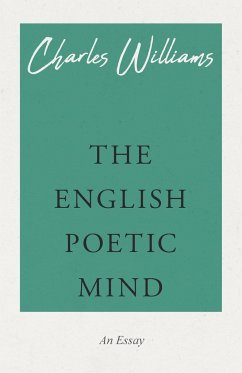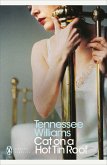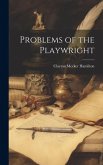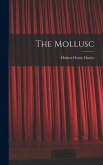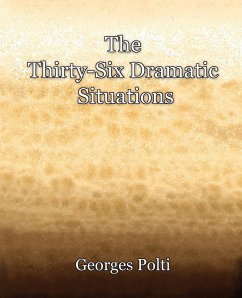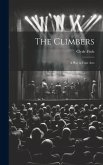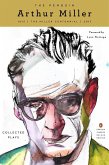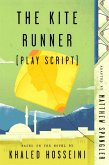'The English Poetic Mind' (1932) is Williams' discussion of the source of the poetic impulse, creativity and drive behind three prominent English poets: Shakespeare, Milton and Wordsworth. The text is reflective of Williams' imaginative and critical approach to literature and his appreciation of poetry and verse. Charles Williams (1886-1945) was a British theologian, playwright, novelist and poet. As a member of the 'Inklings' literary group at Oxford, his work supported a strong sense of narrative. For Williams, spiritual exchanges were an undercurrent to life, and his Christian fantasy writing, such as 'Descent into Hell' (1937), earned him many followers. This classic work is now being republished in a new modern edition with a specially commissioned introductory biography.
Hinweis: Dieser Artikel kann nur an eine deutsche Lieferadresse ausgeliefert werden.
Hinweis: Dieser Artikel kann nur an eine deutsche Lieferadresse ausgeliefert werden.

